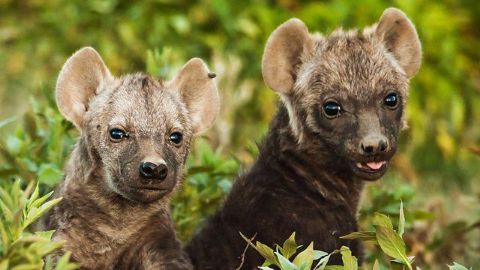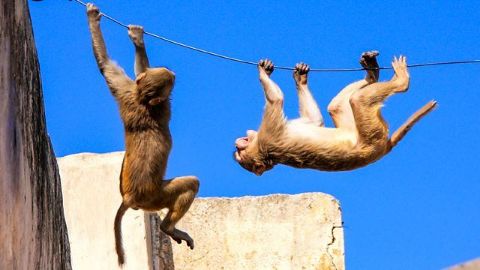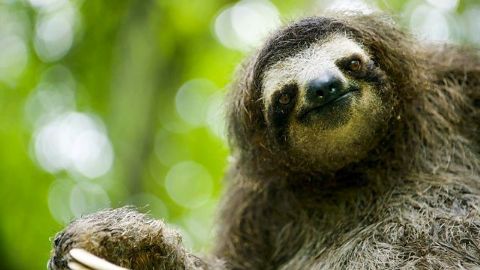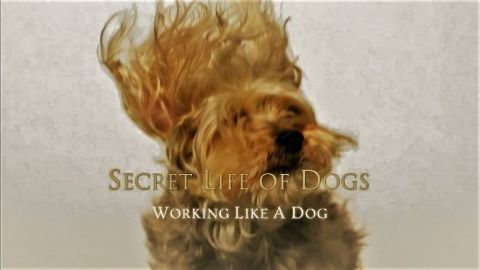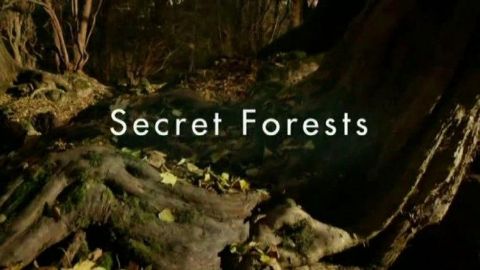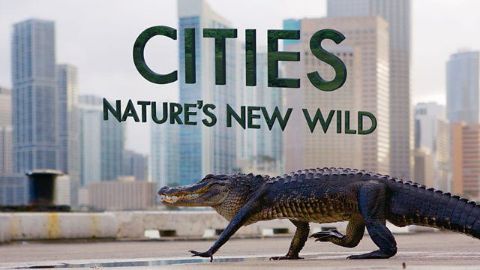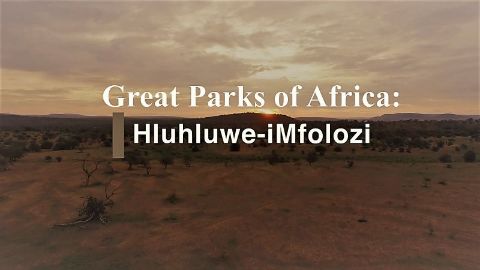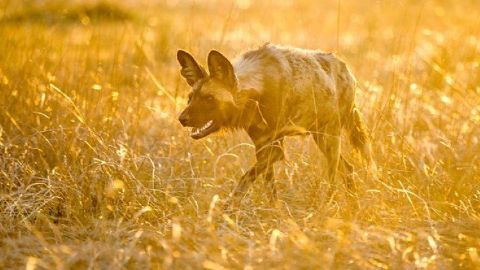Hunger Wars • 2018 • episode "S1E2" • Animals Behaving Badly
Liz meets the animal rogues doing whatever it takes to find food. From kleptomaniac crabs on a stealing spree, tigers deceiving their prey and chimpanzees waging war on their neighbours, the need for a square meal can drive many animals to some seemingly extreme behaviour. Liz sets out to discover the science behind these tactics, joining experts making new discoveries around the world. She sees macaques using psychology to pull off a theft, a spider conning its prey with a chemical disguise and the wedge-billed hummingbird stealing nectar from under the beaks of its rivals. When it comes to finding food, this outrageous behaviour is actually an ingenious way to get ahead.
Make a donation
Buy a brother a hot coffee? Or a cold beer?
Hope you're finding these documentaries fascinating and eye-opening. It's just me, working hard behind the scenes to bring you this enriching content.
Running and maintaining a website like this takes time and resources. That's why I'm reaching out to you. If you appreciate what I do and would like to support my efforts, would you consider "buying me a coffee"?
Donation addresses
BTC: bc1q8ldskxh4x9qnddhcrgcun8rtvddeldm2a07r2v
ETH: 0x5CCAAA1afc5c5D814129d99277dDb5A979672116
With your donation through , you can show your appreciation and help me keep this project going. Every contribution, no matter how small, makes a significant impact. It goes directly towards covering server costs.
